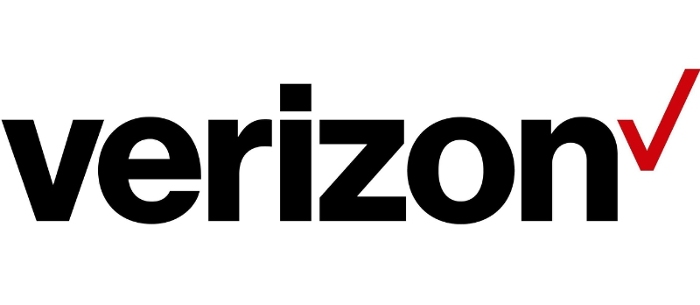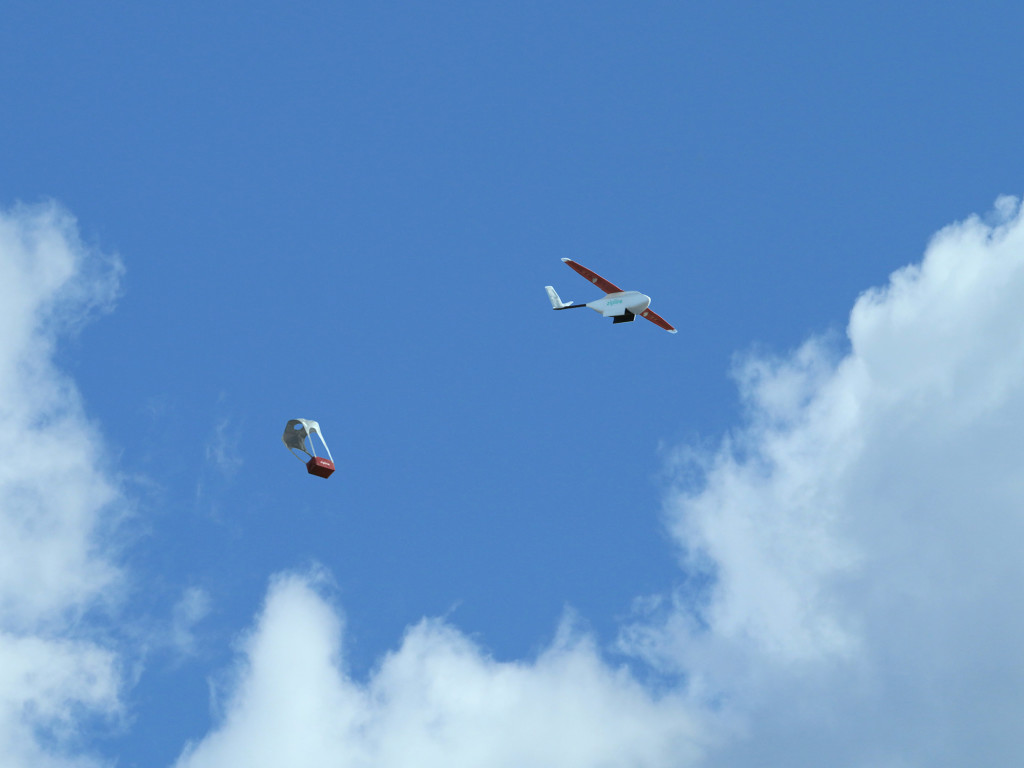It’s safe to say U.S. telecoms giant Verizon is making a move in the drone space. In the past few days it has forged ahead with two separate drone applications. The first involves the delivery of 4G data via drone, while the second, in a move sure to interest drone pilots all over the U.S., was the announcement that data plans specifically for drones are on the way.
For plenty of pilots, the idea of buying a data plan specifically for your drone seems like a strange concept. But it’s the way things are heading. At the moment, consumer drones have to connect to the internet through another device – usually a phone or tablet. This is tethered to the drone, sometimes via Bluetooth, sometimes via the drones own wireless connectivity, and sometimes via a remote control. In short, this isn’t the most efficient or stable way of doing things.

As consumer drones continue to grow in terms of accessibility, more and more users will see their drone as an extension of a smart phone. As a result, sharing drone media on social platforms such as Facebook and Instagram will soon become a more common and direct process. So what’s needed? Well for starters, drones that can tap into the internet and stream footage live. Second, telecoms networks need to offer drone data packages to make it a reality, just as Verizon will soon be doing.
The idea of a drone connected directly to the internet has also raised the prospect of ultra-remote flights in the commercial space. As soon as drones can rely on airborne data to get connected, pilots can begin to undertake operations remotely. Although this currently goes against the FAA’s regulations, it’s not a ridiculous assumption to say that within a matter of years remote operations will be commonplace.
Verizon launches new drone business: ALO
Verizon has gone as far as to set up its own drone business division, Airborne LTE Operations (ALO), with a view to providing more services in the world of unmanned aerial vehicles. As FAA regulations begin to ease off, commercial and hobbyist pilots are going to need data. Verizon is looking to satisfy that demand.
The company is also looking to harness the very same drone technology and innovation it’s trying to encourage. At the moment it’s running experiments to see how drones could be used to provide mobile coverage after natural disasters. Often during times of severe weather, network equipment is temporarily knocked out and the people who require communications the most, emergency workers and people in need, don’t have access to the network.
This latest trial demonstrated how emerging technology combined with wireless networks can improve safety and security,” Mike Haberman, vice president of Verizon’s network operations, said in a statement. “A nationwide reliable 4G LTE network is the foundation for the future of mobile [internet of things] in the air.”

Verizon has even built drones for the sole purpose of carrying LTE network signals, which could help to temporarily restore communications to areas while maintenance is carried out. “The tests were all in the spirit of helping out as part of an emergency response,” said Howard Waterman, a Verizon spokesman.
Two days of testing will now be scrutinized as Verizon refines its drone communication system, he said.
“We’re looking at the data that we were able to capture, and there will be more to come on that front,” said Waterman. “We have been looking at something like this over the last two years. Such a system could be a huge boon to emergency workers when hurricanes, floods, tornadoes and other severe weather events knock out cellular phone services in local communities.”
Verizon embracing drone technology
With the recently relaxed FAA guidelines concerning commercial flights, it’s good to see major operators embracing both drone technology and the potential differences it can make. Verizon’s decision to offer drone data plans also suggests that industry heavyweights are beginning to accept that common drone use is a matter of when – not if.
